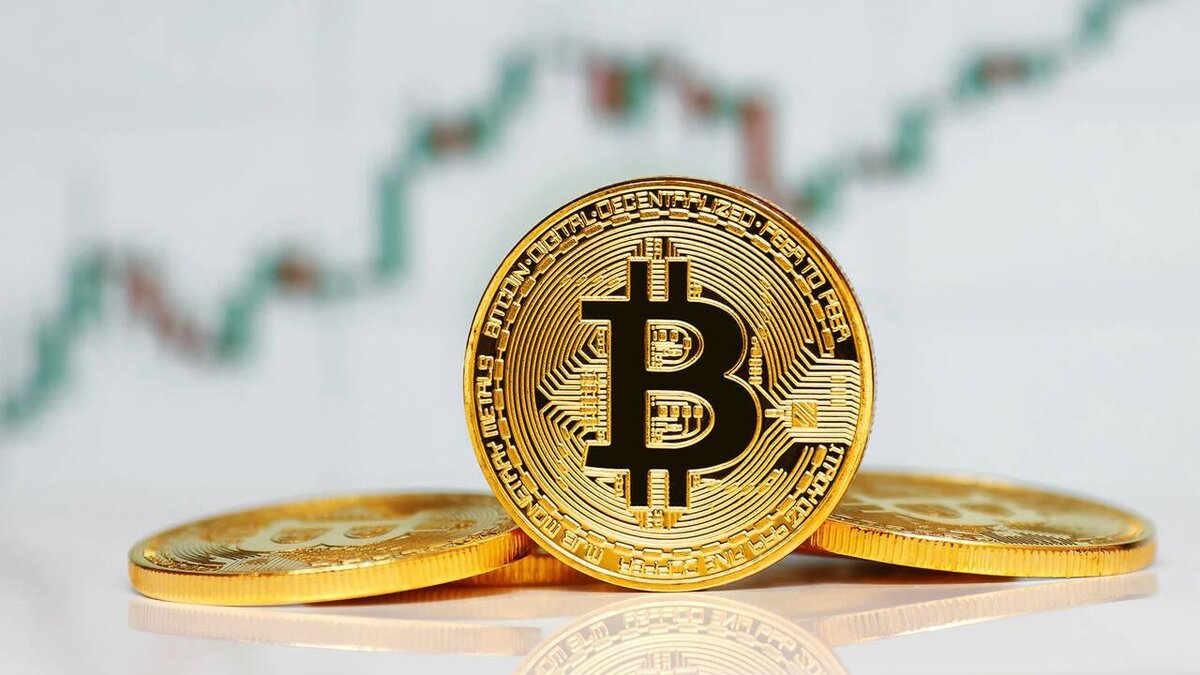From its humble beginnings as a small-scale digital asset, Bitcoin has grown into a major player in the international monetary system in the past few years. Despite initial doubts and volatility, Bitcoin has shown to be a trustworthy medium of exchange in today’s economic climate. Because of its reliability, it has become a popular choice among investors seeking alternatives to equities, bonds, and fiat currencies, particularly during periods of economic uncertainty. Bitcoin is changing the way people think about digital assets and cryptocurrencies because of its consistent return potential, regardless of market volatility.
Understanding Bitcoin’s Unique Value Proposition
The anonymous Satoshi Nakamoto created Bitcoin in 2009 to establish a decentralized currency that functions independently of conventional banking systems. Its attractiveness stems from the fact that it is decentralized and immune to political unrest and inflation. There will only ever be 21 million Bitcoins in circulation, giving it scarcity value. Some have referred to Bitcoin as “digital gold” as a result.
The decentralization of Bitcoin’s ownership and operation from central banks is one of its most appealing qualities. Bitcoin is not like stocks or bonds in that its value is unrelated to business fortunes or economic conditions. Consequently, Bitcoin, like gold, can serve as a hedge or haven during periods of economic instability, such as market crashes, excessive inflation, or global crises. When traditional assets aren’t performing up to expectations, investors looking for a stable investment option typically look to Bitcoin as a store of value.
Bitcoin’s performance in Times of Economic Turmoil
Bitcoin is becoming more appealing to both institutional and individual investors due to its resiliency in many high-stakes scenarios. During the worldwide financial market slumps caused by the COVID-19 epidemic in 2020, Bitcoin’s strength was most evident. In 2020, Bitcoin overcame early concerns and volatility to rebound and reach record highs by the year’s conclusion, surpassing several more conventional assets such as bonds, commodities, and equities.

In 2022, central banks aggressively hiked interest rates in response to rising inflation, causing Bitcoin to enter another unstable time. Bitcoin, unlike traditional stock markets, had a relatively steady performance relative to key indexes during the economic turbulence, proving once again that it is a digital asset that may provide stability. As an asset class, Bitcoin is maturing, and it is becoming more relevant as a possible hedge against traditional market concerns, as shown by its steadiness during such periods.
Bitcoin’s Correlation with Traditional Markets
Throughout its early years, Bitcoin was extremely volatile, with price swings with large margins occurring frequently and at relatively short intervals. However, a significant shift has occurred in the past few years. Although Bitcoin remains highly volatile, its connection to the stock and bond markets has diminished over time. Thus, the profits from Bitcoin investments will remain unaffected by the fluctuations of traditional market forces.
One of the main reasons Bitcoin has been able to maintain consistent returns during periods of global uncertainty is its decentralization. This was especially true during the 2020 market panic and the 2023 banking crisis. Unlike more conventional assets, Bitcoin is less susceptible to price swings caused by things like national governments’ actions, international conflicts, or economic downturns.
The returns on Bitcoin are becoming more uncorrelated with the regular market downturns that occur during crises, in contrast to more conventional markets. Bitcoin and other diversified assets offer a distinct risk-adjusted return that can mitigate the effects of market volatility and help institutional investors achieve more consistent portfolio performance.
The Role of Bitcoin in a Diversified Portfolio
The diversification function of Bitcoin has grown more apparent as the cryptocurrency sector attracts more institutional investors and high-net-worth people. Bitcoin presents a practical substitute for equities and bonds, which are not producing the same returns due to increasing interest rates. A growing number of financial experts are calling for a token allocation to Bitcoin and other cryptocurrencies. Many see this as a way to protect themselves against the systemic hazards that come with more conventional markets.
Particularly in extremely volatile markets, a diversified portfolio that includes Bitcoin has demonstrated the ability to generate higher returns. Due to its minimal correlation with traditional assets, Bitcoin may maintain its excellent performance even when traditional markets fail. Due to its fixed supply and declining issuance rate, Bitcoin’s deflationary nature makes it even more appealing as a store of wealth. This helps protect against inflation.
Read More: Bitcoin Time Traveler A Journey Through Crypto’s Future
Bitcoin as a safe-haven asset

The narrative surrounding Bitcoin as a secure investment option has been more prominent in recent months. We commonly refer to investments that either maintain or rise in value during times of financial market turmoil as safe-haven assets. Gold, Swiss francs, and U.S. Treasury bonds are common examples. One of the reasons for Bitcoin’s rising popularity is the growing recognition of its ability to function similarly throughout times of global crisis.
Despite its sporadic volatility, Bitcoin remains a viable option for risk-averse investors due to its unique attributes, including decentralization, scarcity, and independence from government policy. At a time when the economy is in limbo, Bitcoin’s predictable monetary policy will be an attractive alternative to fiat currencies that can lose value due to inflation.
Conclusion
Given the ongoing volatility and economic concerns in traditional markets, Bitcoin’s stability and performance in these settings will only rise in prominence. Bitcoin is still a risky commodity, but its ability to provide steady returns in the face of global uncertainty makes it a desirable addition to diversified portfolios. Those who had doubts about Bitcoin’s resilience in volatile markets are now realizing its value and security. The future of Bitcoin as a reliable asset in a world full of uncertainty seems bright, thanks to its increasing institutional adoption and its history of success in unpredictable times.
Bitcoin will provide a haven for both institutional and retail investors in the face of conventional financial risk as it becomes increasingly embedded in the financial markets in the years to come. For individuals looking for a haven from the ever-changing global markets, Bitcoin’s consistent returns may hold the secret to stability and security.


